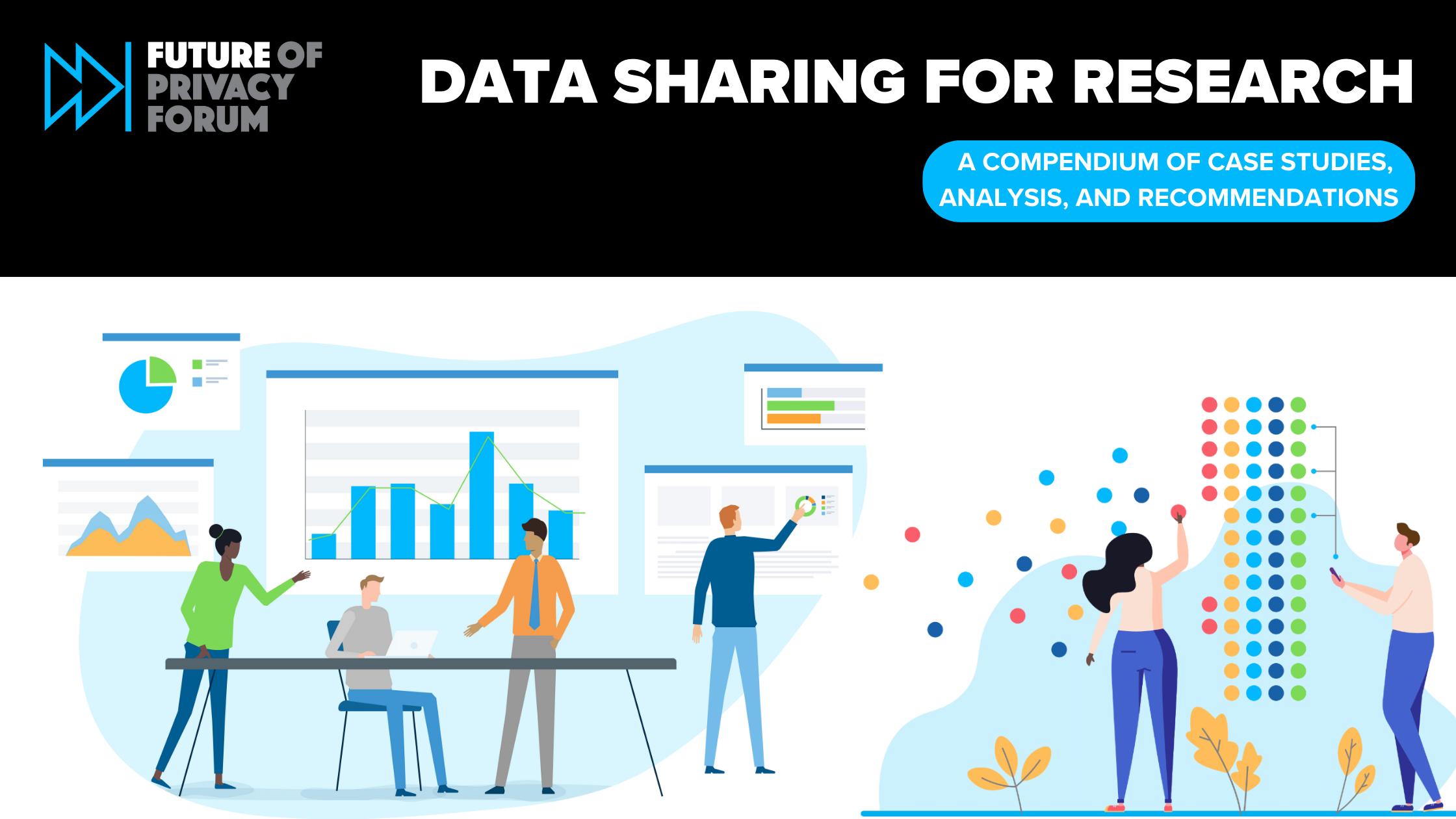
Sponsorship Offerings at FPF
The Future of Privacy Forum (FPF) is a global non-profit organization that brings together industry, academics, civil society, policymakers, and other stakeholders to explore the challenges posed by technological innovation and develop privacy protections, ethical norms, and workable business practices. We are an independent and pragmatic voice for privacy regulation and take on the tough issues […]

The Current State of Kids’ and Teens’ Privacy
Please join us for a live virtual webinar on The Current State of Kids’ and Teens’ Privacy on Tuesday November 7, from 12:00 p.m. to 1:30 p.m. ET. Privacy by design for kids and teens has expanded across the globe. Pioneering child privacy regulation and guidance in the U.K. and Ireland has drawn the attention of companies, advocates, and policymakers worldwide. The U.K.’s […]

Survey of Current Universal Opt-Out Mechanisms
With contributions from Aaron Massey, FPF Senior Policy Analyst and Technologist, Keir Lamont, Director for U.S. Legislation, and Tariq Yusuf, FPF Policy Intern Several technologies can help individuals configure their devices to automatically opt out of web services’ requests to sell or share personal information for targeted advertising. Seven state privacy laws require that organizations […]

How Data Protection Authorities are De Facto Regulating Generative AI
The Istanbul Bar Association IT Law Commission published Dr. Gabriela Zanfir-Fortuna’s article, “How Data Protection Authorities are De Facto Regulating Generative AI,” in their August monthly AI Working Group Bulletin, “Law in the Age of Artificial Intelligence” (Yapay Zekâ Çağinda Hukuk). Generative AI took the world by storm in the past year, with services like […]

Protected: U.S. Legislative Resources
There is no excerpt because this is a protected post.

EU’s Digital Services Act Just Became Applicable: Outlining Ten Key Areas of Interplay with the GDPR
DSA: What’s in a Name? The European Union’s (EU) Digital Services Act (DSA) is a first-of-its-kind regulatory framework, with which the bloc hopes to set an international benchmark for regulating online intermediaries and improving online safety. The DSA establishes a range of legal obligations, from content removal requirements, prohibitions to engage in manipulative design and […]

Data Sharing for Research: A Compendium of Case Studies, Analysis, and Recommendations
Today, the Future of Privacy Forum (FPF) published a report on corporate-academic partnerships that provides practical recommendations for companies and researchers who want to share data for research. The Report, Data Sharing for Research: A Compendium of Case Studies, Analysis, and Recommendations, demonstrates how, for many organizations, data-sharing partnerships are transitioning from being considered an […]

The Digital Personal Data Protection Act of India, Explained
Authors: Raktima Roy, Gabriela Zanfir-Fortuna Raktima Roy is a Privacy Attorney with several years of experience in India and holds an LLM in Law and Technology from Georgetown University, as well as an FPF Global Privacy Intern. The Digital Personal Data Protection Act of India (DPDP) sprinted through its final stages last week after several years […]

Our Members
Who supports FPF’s work? FPF brings together a range of voices from industry, academia, and civil society to lead collaboration and ensure the diversity of ideas necessary to advance principled data practices in support of emerging technologies. FPF values the guidance and contributions of a wide range of members and foundation supporters. We believe varied perspectives […]

FPF Releases Generative AI Internal Policy Checklist To Guide Development of Policies to Promote Responsible Employee Use of Generative AI Tools
Today, the Future of Privacy Forum (FPF) releases the Generative AI for Organizational Use: Internal Policy Checklist. With the proliferation of employee use of generative AI tools, this checklist provides organizations with a powerful tool to help revise their internal policies and procedures to ensure that employees are using generative AI in a way that […]
